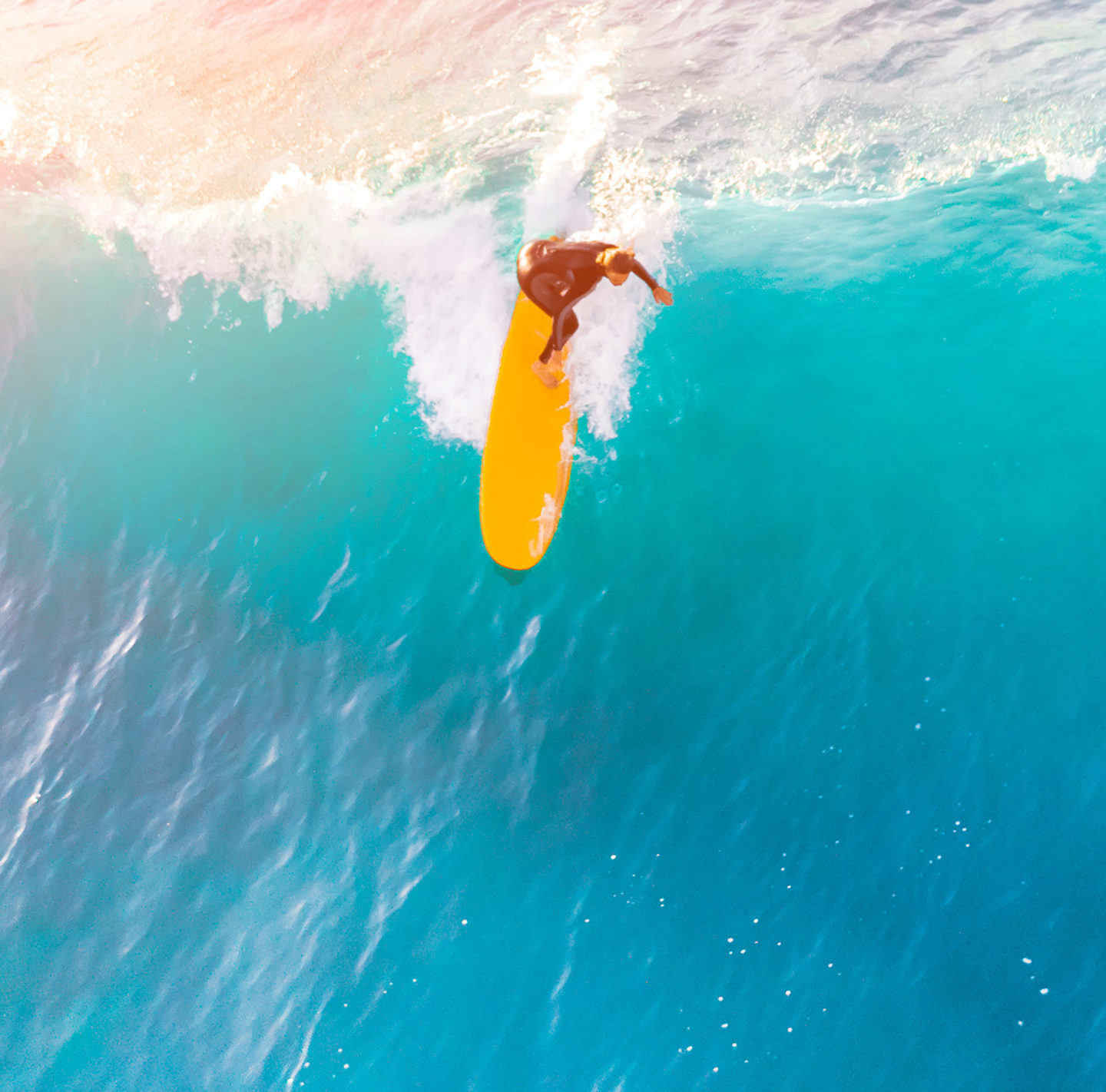 Last summer I tried to learn how to surf. I learned how to paddle to catch a wave, how to “pop up” to my feet on the surfboard from lying flat on my stomach, and how to turn on the board to surf down the wave once I caught it. One thing that I didn’t know going in, though, was that surfing involves a lot of looking for the right waves. And being able to pick out the right waves is actually kind of hard. You have to learn how to attend to the right things, to differentiate a promising wave from a wave that will peter out, and to distinguish whether a wave is catchable from where you are or not. Without undergoing this perceptual learning, you’re unlikely to ever learn how to surf because you’re unlikely to catch many waves in the first place.
Last summer I tried to learn how to surf. I learned how to paddle to catch a wave, how to “pop up” to my feet on the surfboard from lying flat on my stomach, and how to turn on the board to surf down the wave once I caught it. One thing that I didn’t know going in, though, was that surfing involves a lot of looking for the right waves. And being able to pick out the right waves is actually kind of hard. You have to learn how to attend to the right things, to differentiate a promising wave from a wave that will peter out, and to distinguish whether a wave is catchable from where you are or not. Without undergoing this perceptual learning, you’re unlikely to ever learn how to surf because you’re unlikely to catch many waves in the first place.
The focus of my book is perceptual learning, which I describe as long-term changes in perception that result from practice or experience. There are many canonical cases of this, including cases of wine tasting and bird watching. But as the surfing case attests, there are also many cases that are less well known. For instance, you are likely able to tell just by listening whether hot water or cold water is being poured. There are also a great many empirical studies on perceptual learning that I focus on in the book, from people learning how to recognize different patterns of fish movements to soldiers learning how to better detect roadside bombs.
My book defends a thesis about the function of perceptual learning that I call the “Offloading View.” On this view, perceptual learning serves to offload tasks that would normally be done in a controlled and cognitive manner onto the perceptual system. This frees up cognitive resources to perform other tasks. As you can imagine, a pro surfer does not have to think about the same basic things that I do when picking out a wave. Rather, through the perceptual learning process, certain ways of seeing (such as particular patterns of attention) have become automated. This frees up the surfer to use their working memory for more sophisticated tasks than the tasks for which I am using my working memory. I’ll say more about this view in my third post.
I think the changes involved in perceptual learning are genuine sensory changes. There really is a way in which the waves literally look different to a pro surfer than they do to me. Of course there’s something else instead that could be going on in the cases above: Maybe experts just learn to make quick cognitive inferences while their perceptual experience stays the same. In the next post, I’ll discuss why I think that the changes involved are genuine sensory changes. To do this, I’ll draw on evidence from philosophy, psychology, and neuroscience.

